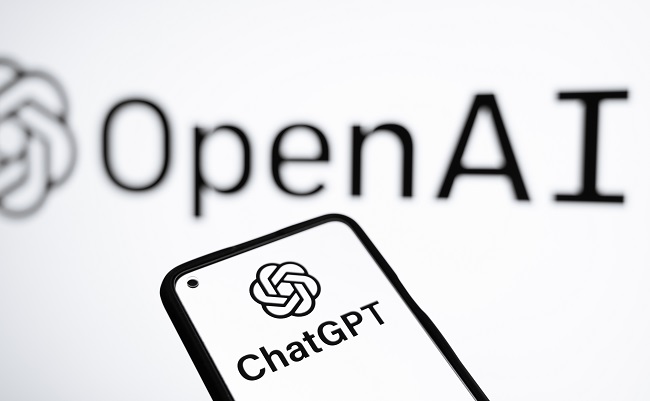World
OpenAI Transitions to For-Profit Structure with New Corporate Model

OpenAI has successfully completed a significant recapitalisation plan that transitions its operations into a for-profit structure. This restructuring involves placing its artificial intelligence laboratory within a new for-profit entity while maintaining oversight through its non-profit foundation. The restructured for-profit arm is now named OpenAI Group and operates as a public benefit corporation. According to chair Bret Taylor, this move aligns OpenAI’s mission with its commercial interests.
Details of the Recapitalisation Plan
The OpenAI Foundation will continue to oversee the for-profit company, holding a substantial equity stake currently valued at approximately $130 billion. This recapitalisation allows the Foundation to gain additional ownership should the for-profit entity achieve certain valuation milestones. Taylor emphasised that the new structure is designed to ensure that the Foundation’s stake appreciates alongside the commercial success of OpenAI, thus enabling it to fund its philanthropic initiatives more effectively.
“We believe that the world’s most powerful technology must be developed in a way that reflects the world’s collective interests,” Taylor stated. He further remarked that the completion of this recapitalisation empowers OpenAI to continue advancing the frontiers of artificial intelligence while ensuring that its progress benefits everyone.
Ownership Structure and Stakeholders
Under the new corporate structure, the OpenAI Foundation will own 26 percent of the for-profit entity. Additionally, it possesses a warrant that provides the opportunity to acquire more shares if OpenAI reaches specified valuation targets. Early investor Microsoft holds approximately 27 percent of the for-profit, with the remaining 47 percent distributed among current and former employees, as well as other investors.
In a separate blog post, Microsoft explained that this agreement extends its intellectual property rights to OpenAI’s models until 2032, further solidifying its role in the partnership.
The transition to a for-profit model has not been without controversy. OpenAI has faced criticism from various quarters, including co-founder Elon Musk, who has voiced concerns regarding the implications of such a shift on the organisation’s original mission and values.
As the AI landscape evolves, this transition marks a pivotal moment for OpenAI, positioning it to leverage commercial opportunities while striving to uphold its commitment to broader societal interests.
-

 Science2 months ago
Science2 months agoInventor Achieves Breakthrough with 2 Billion FPS Laser Video
-

 Health2 months ago
Health2 months agoCommunity Unites for 7th Annual Into the Light Walk for Mental Health
-

 Top Stories2 months ago
Top Stories2 months agoCharlie Sheen’s New Romance: ‘Glowing’ with Younger Partner
-

 Entertainment2 months ago
Entertainment2 months agoDua Lipa Aces GCSE Spanish, Sparks Super Bowl Buzz with Fans
-

 Health2 months ago
Health2 months agoCurium Group, PeptiDream, and PDRadiopharma Launch Key Cancer Trial
-

 Top Stories2 months ago
Top Stories2 months agoFormer Mozilla CMO Launches AI-Driven Cannabis Cocktail Brand Fast
-

 Entertainment2 months ago
Entertainment2 months agoMother Fights to Reunite with Children After Kidnapping in New Drama
-

 World2 months ago
World2 months agoIsrael Reopens Rafah Crossing After Hostage Remains Returned
-

 World2 months ago
World2 months agoR&B Icon D’Angelo Dies at 51, Leaving Lasting Legacy
-

 Business2 months ago
Business2 months agoTyler Technologies Set to Reveal Q3 Earnings on October 22
-

 Health2 months ago
Health2 months agoYouTube Launches New Mental Health Tools for Teen Users
-

 Health2 months ago
Health2 months agoNorth Carolina’s Biotech Boom: Billions in New Investments









